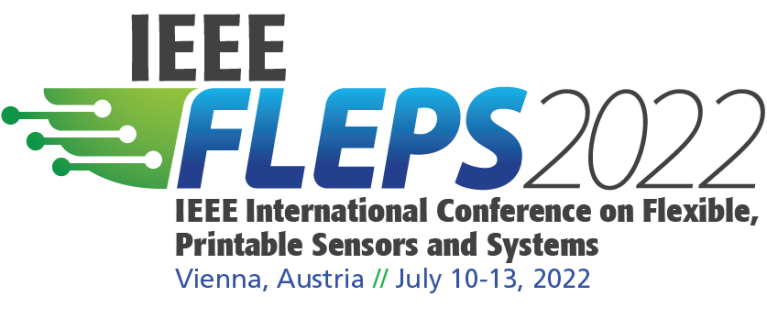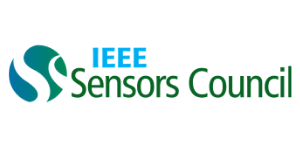
Presenter Bio
Sahika Inal is an Associate Professor of Bioengineering with affiliations in Electrical Engineering and Materials Science and Engineering at King Abdullah University of Science and Technology (KAUST). She has a B.Sc. degree in Textile Engineering from Istanbul Technical University (Turkey), an M.Sc. in Polymer Science, and a Ph.D. in Experimental Physics, both from the University of Potsdam (Germany). She completed her postdoctoral training at the Center of Microelectronics of Provence of the Ecole Nationale Supérieure des Mines de Saint-Étienne (France). Her expertise is in polymer science and bioelectronic devices, particularly in the photophysics of conjugated polymers, characterization of polymer films and the design of biosensors and actuators. Inal lab exploits the functionalities of organic electronic materials, investigates ionic/electronic charge transport, and designs electronic devices that record/stimulate biological signals.




